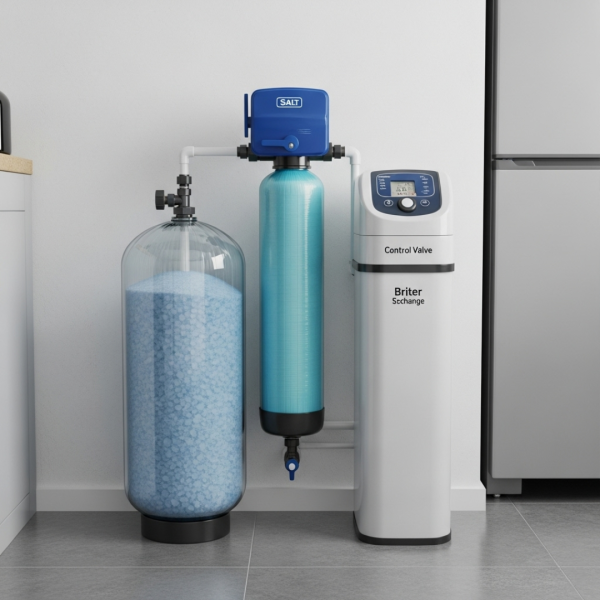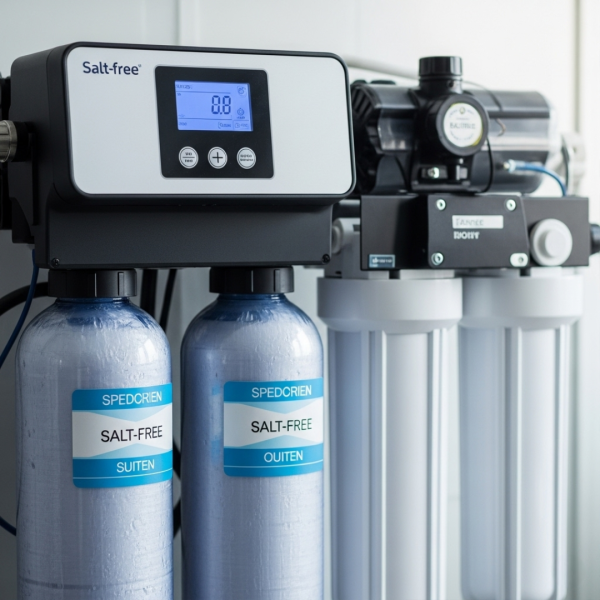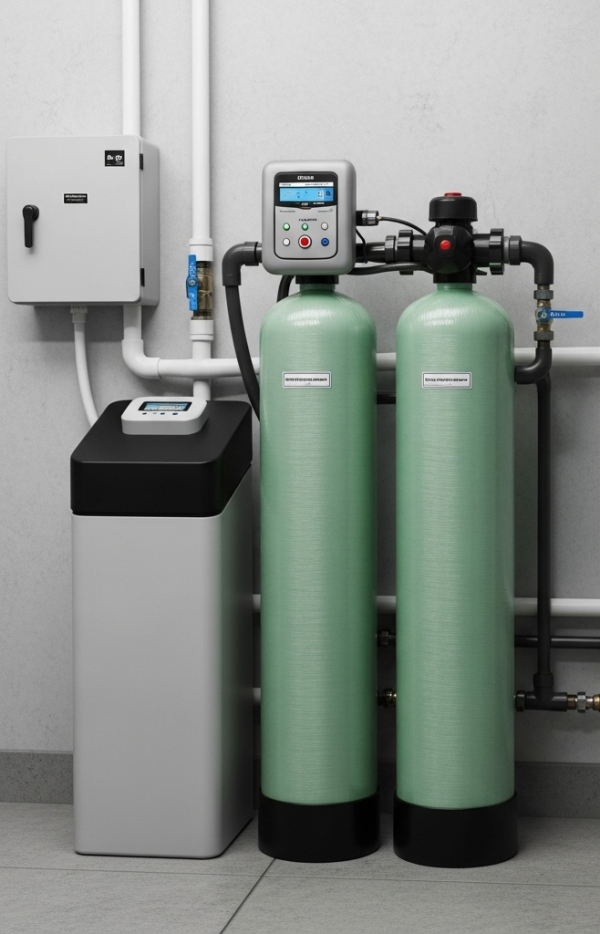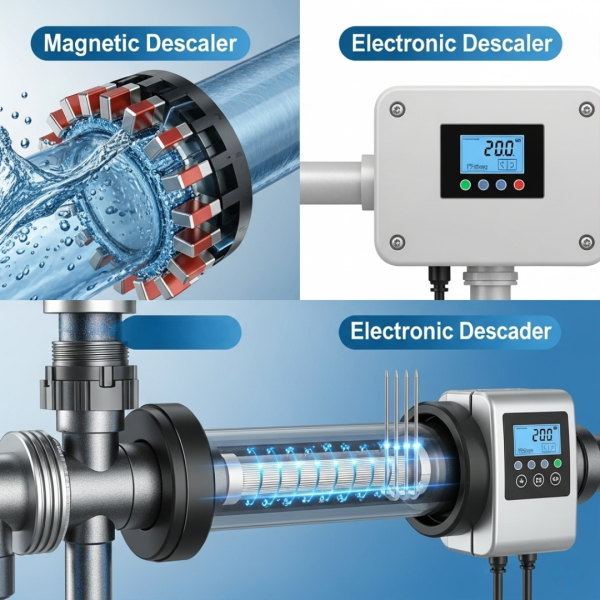What Do Water Softeners Do? Everything You Need to Know
If you’ve ever noticed white spots on your dishes, buildup in your showerhead, or dry, itchy skin after a shower, hard water might be the culprit. These are all signs that your home’s water contains high levels of minerals like calcium and magnesium. You might be wondering what water softener do to fix this issue. In this blog, we’ll explain how water softeners work, why they’re important, and everything you need to know before installing one in your home.
What Is Hard Water?
Hard water is water that contains a high concentration of dissolved minerals primarily calcium and magnesium. While these minerals aren’t harmful to your health, they can wreak havoc on your plumbing, appliances, and even your skin and hair.
Over time, hard water causes scale buildup inside pipes and appliances, reducing their efficiency and lifespan. It can also leave stubborn spots on dishes, fade clothes faster in the laundry, and make soap less effective, leading to more soap usage and higher costs.
What Does a Water Softener Do?
A water softener removes the excess minerals from your water to make it “soft.” It does this through a process called ion exchange, where calcium and magnesium ions are swapped with sodium or potassium ions. Here’s how it works:
- Hard Water Enters the System: Water from your main supply enters the softener’s mineral tank.
- Ion Exchange Occurs: Resin beads inside the tank attract and trap calcium and magnesium ions, replacing them with sodium or potassium ions.
- Soft Water Exits: The treated water—now free of hardness minerals—flows out for use throughout your home.
This process significantly reduces mineral buildup and improves water quality for everyday use.
Benefits of a Water Softener
Installing a water softener offers a range of benefits for both your home and your lifestyle:
- Longer Appliance Life: Soft water reduces scale buildup in appliances like dishwashers, washing machines, and water heaters.
- Cleaner Dishes and Laundry: Say goodbye to water spots and detergent residue.
- Better Skin and Hair: Soft water is gentler on your skin and helps keep your hair smooth and manageable.
- Lower Energy Bills: Appliances run more efficiently, using less energy and saving you money over time.
- Plumbing Protection: Reduced mineral buildup helps prevent clogs and pipe damage.
Types of Water Softeners
Not all water softeners are the same. Here are the most common types:
- Salt-Based Ion Exchange Softeners: The most common and effective, but they require regular salt refills.

- Salt-Free Water Conditioners: These don’t remove minerals but instead alter them to prevent scale buildup. They’re low-maintenance but not as effective for very hard water.

- Dual-Tank Systems: Ideal for larger households, these provide continuous soft water by alternating between tanks.

- Magnetic or Electronic Descalers: These are less proven but may help reduce scale on a small scale.

Do You Need a Water Softener?
If you live in an area with hard water and many homes across the U.S. and other countries do a water softener can be a worthwhile investment. You can test your water hardness using a home test kit or by consulting your local water supplier.
Common signs that you might need a water softener include:
- Limescale buildup around faucets or in kettles
- Dry skin and dull hair after bathing
- Soap that doesn’t lather well
- Increased utility bills due to inefficient appliances
Final Thoughts
So, what water softener do for your home is more than just improve water quality, it helps extend the life of your plumbing, protects your appliances, and enhances daily comfort. If you’re ready to make the switch to soft water, trust the experts at Benner Plumbing & Heating Ltd to guide you through the best solution for your household. With professional installation and reliable support, you can enjoy all the benefits soft water has to offer.
